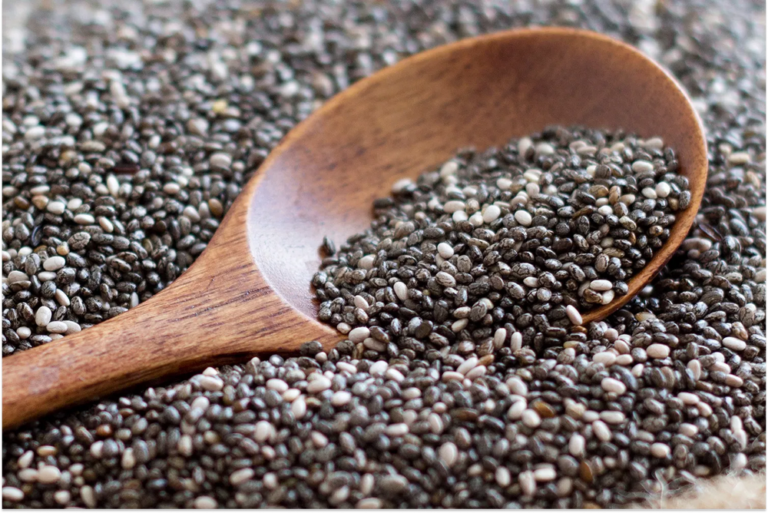
A GSK drug that targets a pathway behind the lung inflammation in chronic obstructive pulmonary disease, or COPD, has won a long-awaited FDA approval(Opens in a new window), positioning the biologic medicine to reach certain patients with the debilitating respiratory condition.
The regulatory approval announced Thursday covers use of the drug, Nucala, as an add-on maintenance treatment for adults whose COPD is inadequately controlled by other therapies. The disease must also be characterized by a high number of eosinophils, a type of white blood cell.
In COPD, lung damage leads to inflammation and breathing difficulties that worsen over time. It can be caused by smoking or other irritants to the lungs, which is why it’s sometimes referred to as “smoker’s lung.” But for certain patients, the driver of the disease is type 2 inflammation, an excessive immune response from eosinophils. Nucala’s new approval covers the treatment of COPD driven by such inflammation.
COPD affects more than 390 million people globally, according to GSK. Type 2 inflammation is estimated to be present in up to 40% of these patients. Regardless of the type of inflammation driving COPD, the condition leads to exacerbations, episodes of worsening symptoms that often require hospitalization.
Standard COPD treatment includes older medications, such as bronchodilators and anti-inflammatory drugs. Biologic drugs are emerging as a new therapeutic option. Nucala is an antibody designed to block interleukin-5 (IL-5), a signaling protein that plays a role in the development of type 2 inflammation.
Nucala, which is administered as a once-monthly subcutaneous injection, won its first FDA approval in 2015 as a treatment for severe asthma. The Thursday approval came later than GSK expected. The drug was slated to receive a regulatory decision by May 7. That was after a resubmitted application. The pharmaceutical giant initially sought a regulatory nod in COPD seven years ago. In 2018, the FDA turned down(Opens in a new window) GSK’s application seeking to expand the Nucala’s approved uses to include COPD. The agency asked GSK to provide more clinical data.
In a new Phase 3 clinical trial, GSK reported a clinically meaningful and statistically significant 21% reduction in the annualized rate of moderate/severe exacerbations compared to a placebo, meeting the test’s main goal. In a post-hoc analysis of patients with chronic bronchitis only, the drug led to a 31% reduction in the annualized rate of moderate/severe exacerbations versus placebo. Detailed results were published(Opens in a new window) last month in the New England Journal of Medicine.
Acknowledging all of the caveats that come with cross-trial comparisons, the exacerbation reductions shown by Nucala are short of the 30% and 34% reductions achieved by Sanofi’s Dupixent in its pivotal COPD studies. Dupixent last year became the first biologic drug approved for treating COPD driven by type 2 inflammation(Opens in a new window). This Sanofi product will be the most direct competitor to Nucala.
Dupixent is an antibody designed to block the IL-3 and IL-4 pathways. The drug currently has approvals in seven indications, most recently the April FDA nod in the inflammatory skin disorder chronic spontaneous urticaria(Opens in a new window). It’s the top-selling product for Sanofi, accounting for €10.7 billion (about $11.6 billion) in revenue in 2024. Dupixent is administered as a subcutaneous injection every two weeks or every four weeks, depending on the indication. In COPD, which was added to the product’s label last year, dosing is every two weeks.
GSK can claim a dosing advantage with less burdensome once-monthly injections for Nucala. The company can also point to a results for a key secondary trial goal that showed a 35% reduction in annualized rate of exacerbations leading to emergency department visits and/or hospitalization. But GSK also said these results were “nominally significant” after adjusting for an increase in the probability of false positive results.
“The approval of Nucala in the U.S. provides an important option for COPD patients,” Kaivan Khavandi, senior vice president, global head, respiratory, immunology & inflammation R&D at GSK, said in a prepared statement. “Long-term follow-up studies have demonstrated that exacerbations are the single most important predictor of future risk, with particularly poor outcomes in those requiring hospital visits or admissions.”
GSK is already well established in respiratory disorders, where its top therapy is Trelegy, an inhaled combination therapy approved for treating COPD and asthma. This product accounted for £2.7 billion (about $3 billion) in revenue in COPD and asthma in 2024. Nucala generated £1.7 billion (about $2.2 billion) in revenue(Opens in a new window) last year across all of the product’s approved indications. Besides severe asthma, Nucala’s approvals span chronic rhinosinusitis with nasal polyps, eosinophilic granulomatosis with polyangiitis, and hypereosinophilic syndrome.
Meanwhile, Sanofi’s pipeline has another COPD drug candidate, an IL-33-blocking antibody called itepekimab. Two Phase 3 tests are ongoing in COPD; preliminary data are expected in the second half of this year. A Phase 2 test of this drug as a treatment for airway inflammation in COPD patients is also expected to read out data in the second half of 2025.
Image: Jackie Niam, Getty Images




